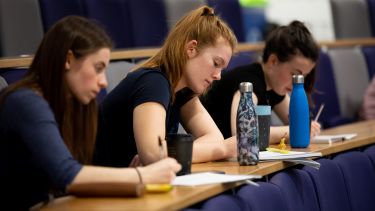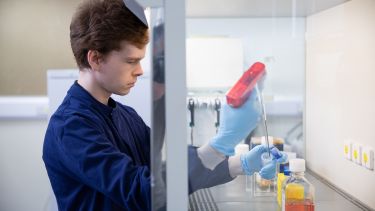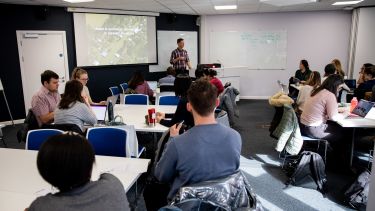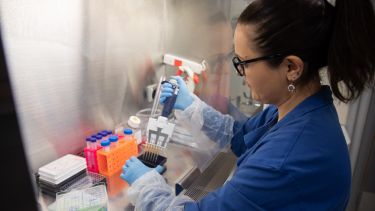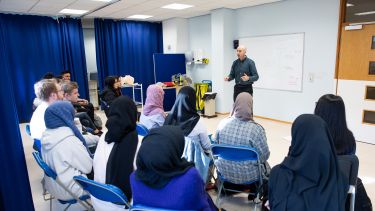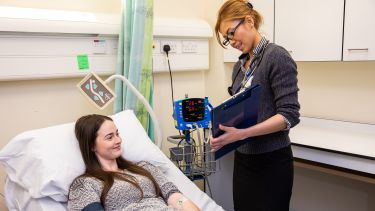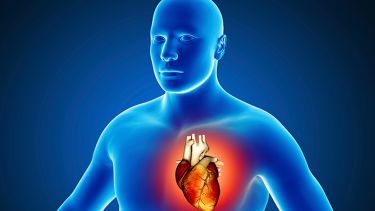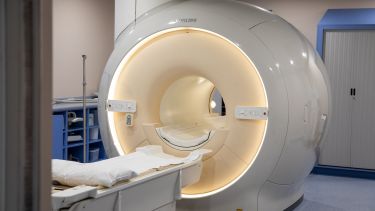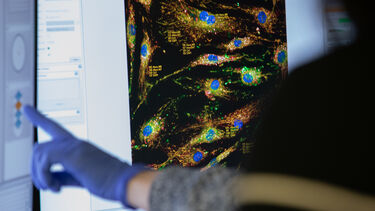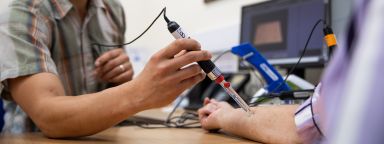
School of Medicine and Population Health
We train clinicians, scientists and healthcare experts. Our teaching and research helps to improve patient outcomes and address major health challenges around the world.
Undergraduate study
Postgraduate study
Research and innovation
News
About us
People
Our staff are based across three Divisions of Clinical Medicine, Neuroscience and Population Health.
Support us
Your support can help to fund state-of-the-art equipment, research, and learning opportunities.

